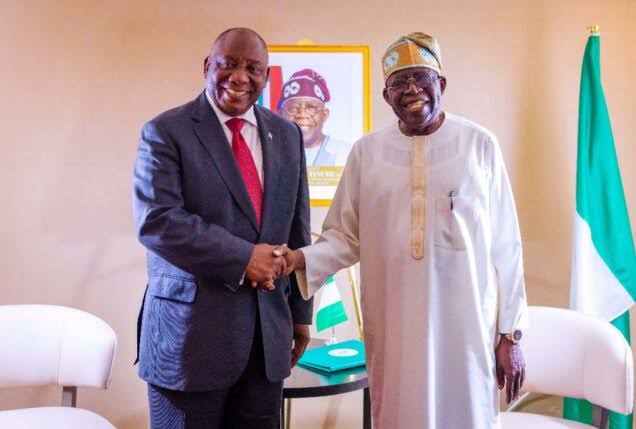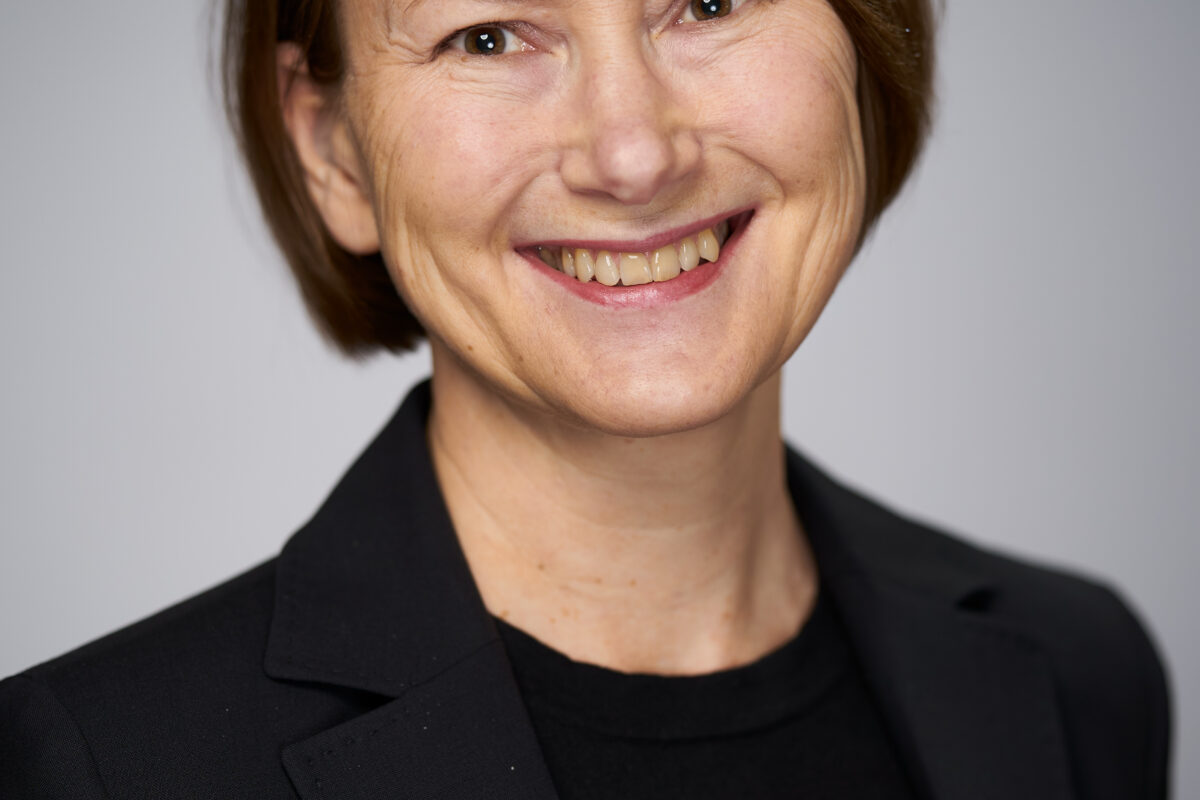Concern over a potential increase in petrol prices in Nigeria has grown as a result of the ongoing increase in the price of crude oil on the global market.
According to Probitas News, the commodity sold on Monday for $93.55 per barrel.
This comes amid the depreciation of the Naira in the foreign exchange window, with the currency trading at N980/$1 on Monday on the parallel market.
The Major Oil Marketers Association of Nigeria, IPMAN, and the Independent Marketers Association of Nigeria, however, have allayed concerns about a potential increase in gasoline prices due to the Naira’s rapid slide at the forex window and the growing price of crude oil on the international market.
Probitas News notes that there have been two increases in fuel prices in the last three months.
After the fuel subsidy was eliminated in June, the pump price increased by 210% to N546.83 per litre from N175 per litre. The price of fuel was raised from N546.83 to N617 per litre less than a month later.
The Naira’s value on the foreign exchange market has continued to decline, although between July and September, there has been little impact on petrol prices.
Special Advisor to the President on Media and Publicity Ajuri Ngelale said the move follows President Bola Ahmed Tinubu’s promise to Nigerians that there will be no more increases in gasoline pump prices.
“We reiterate, the President declares that the price of petroleum motor spirit will not rise,” he uttered.
Tinubu’s assurance was restated by Mele Kyari, the group chief executive of the Nigerian National Petroleum Corporation Limited.
NNPC Limited has been the exclusive national provider of fuel, with the exception of July, when Emadeb Energy imported 27 million liters of the substance into Nigeria.
Additionally, there are allegations that the Federal Government was indirectly subsidizing the good in order to prevent the pump price from rising any higher.
The president of IPMAN, Chinedu Okonkwo, stated in an exclusive statement on Monday that there is no need to be concerned about the increase in fuel prices.
According to him, there is just one gasoline provider in the country, Nigerian National Petroleum Corporation Limited, and they haven’t put out a strategy for increases.
According to Okonkwo, fuel traders buy their goods in Naira.
He called on the federal government to expedite its efforts in order to guarantee that compressed natural gas is used as a practical fuel substitute.
“We are obtaining petroleum goods from NNPCL Retail, our supplier. I shouldn’t make assumptions about price increases because NNPCL hasn’t informed us that fuel prices would be changing.
“I believe NNPCL is the only company that provides us with goods. The price is set by the fundamentals of the market; if NNPC decides to raise the gasoline pump, we will also adjust.
“At this point, there is no need to be concerned. The price may decrease for the same reason that it may increase. To continue operating, NNPCL has unlimited options. Since marketers are not importing PMS, they have no right to lament the lack of dollars. At the moment, NNPCL is the only importer.
“Incorporating stakeholders such as IPMAN into the Compressed Natural Gas initiative is the best course of action,” he stated.
Additionally, Tunji Oyebanji, a former Chairman of MOMAN, clarified that the nation has a unique gasoline deregulated market in which NNPCL determines the price as the exclusive supplier.
In the interest of most Nigerians, he says, the product’s pricing may stay the same as long as NNPCL is the only importer and supplier of petroleum.
We find ourselves in a unique scenario within a deregulated market, as the only firm that imports petrol into Nigeria is NNPCL.
“The landing cost could be more than the going rate if I wish to import. Therefore, at this time, only NNPCL is able to import.
As a result of being the only importer, they effectively determined the market price.
“They are both a store and a supplier to the whole market. Therefore, the price of NNPCL will reflect what the nation’s market is saying right now.
“Since there is only one supplier in the market where we operate, that supplier will set the price of the goods. If fuel importers other than NNPCL join the supply chain market, prices can go up, he said.




